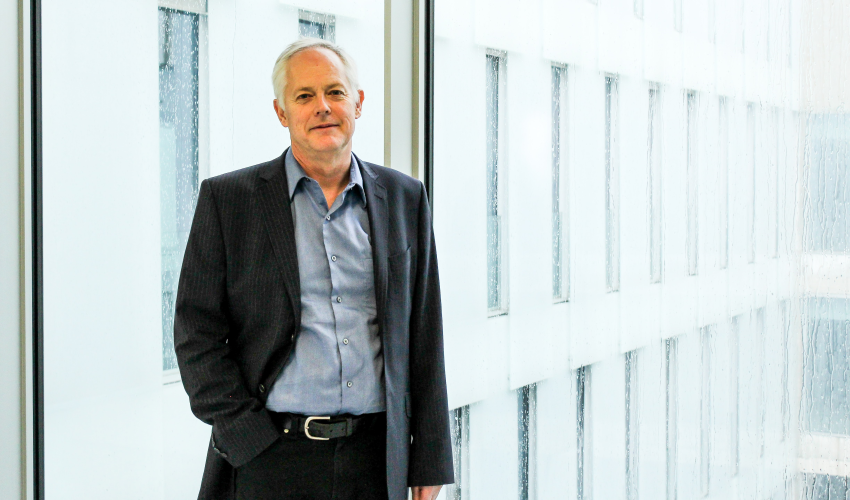
Check to Narcissus
A STUDY SHOWS THAT SHAREHOLDERS VOTED AGAINST CEOS WHO DISPLAYED NARCISSISTIC ATTITUDES DURING THE PANDEMIC BY NOT CUTTING THEIR OWN SALARIES IN RESPONSE TO THE PAIN FELT BY THEIR COMPANIESby Miles Gietzmann, Full Professor of Accounting
The 1985 hit pop song “When the going gets tough, the tough get going” sung by artist Billy Ocean could be seen as applying to corporate life since the pandemic hit worldwide economies in early 2020. Chief Executive Officers, normally surrounded by coteries of informed advisors and consultants, were previously used to taking carefully reasoned decisions supported by thorough data analyses. However, with the advent of the pandemic the possibilities for reasoned decision making evaporated under a cloud of political indecision and inconsistency, on-off lockdown variant cycles and widespread supply chain disruptions. In such an extreme setting, CEOs have been tested to the extreme. In the research discussed below it is proposed that the pandemic helped expose hidden personality traits of individual CEOs that previously were hard to observe during more benign times.
In terms of critical personality traits, Stanford academics O’Reilly and Pfeffer have recently argued that CEO leadership contests may be populated by “extraverted and interpersonally skilled, with high self-esteem”, overly self-confident, attention demanding self-interested narcissists, “even though there is little evidence that they are more competent than less narcissistic individuals”. They argue the reason narcissists rise to positions of power in organizations is because they are often skilled at organizational politics, even though such traits may have “deleterious effects on both their companies and the people who work for them”. Given outside shareholders rarely see CEOs engaging in organizational politics it is hard for shareholders to perform an opinion on CEO narcissitic tendencies.
In research on the pay of U.S. CEOs during the pandemic with co-authors Denis Alves (Norwich Business School) and Bjorn Jorgensen (Copenhagen Business School), we investigated whether, when the “going got tough”, previously difficult to observe CEO narcissistic tendencies could be identified. By comparing how different CEOs dealt with imposed pay cuts on employees and dividend suspensions for shareholders, the three authors were able to define new pay groupings for the CEOs of companies that were negatively impacted by the pandemic. Some CEOs responded by sharing the pain and voluntarily offering to take no pay in 2020 or alternatively, taking a large pay cut. However, some CEOs, consistent with a narcissistic sense of entitlement, did not share in the pain. The research investigated how shareholders cast their votes at annual AGMs in response to dividend suspensions and CEO voluntary pay cut decisions. Even though dividend suspensions were costly to shareholders the research found that CEOs did not attract negative voting at the AGM if they had voluntarily proposed a significant cut in their own pay immediately following the onset of the pandemic. However, those CEOs that thought they did not need to share the pain received negative voting responses even though the dividend reductions that shareholders experienced were broadly similar whether the CEO volunteered for a pay cut or not. There could be multiple reasons for this. The one proposed in the research paper is that shareholders revised beliefs that it was more likely that CEOs that did not volunteer for a pay cut during the extremely troubled times were narcissists pursuing their own self-interests and not necessarily taking decisions in the interests of the share holder community.
